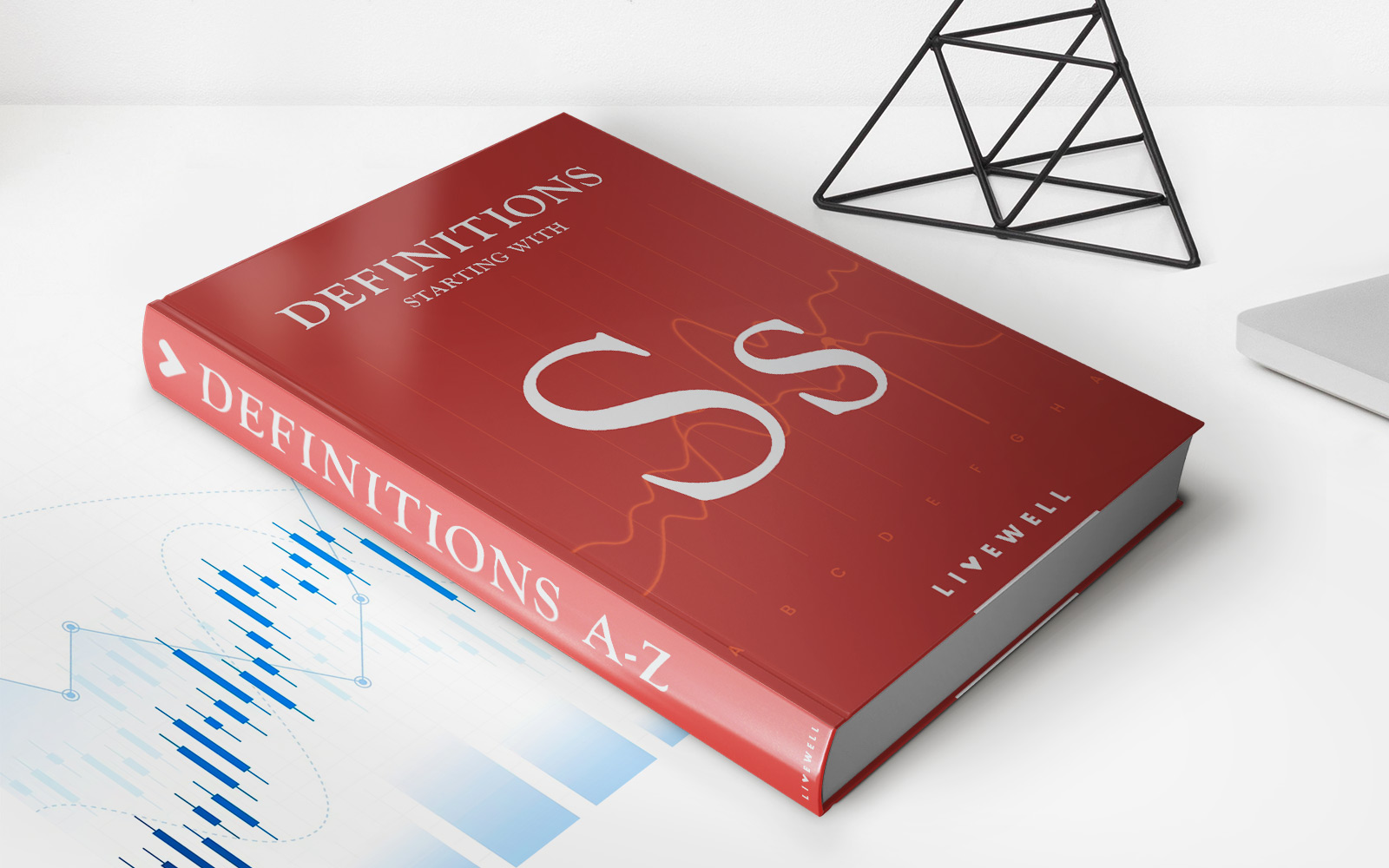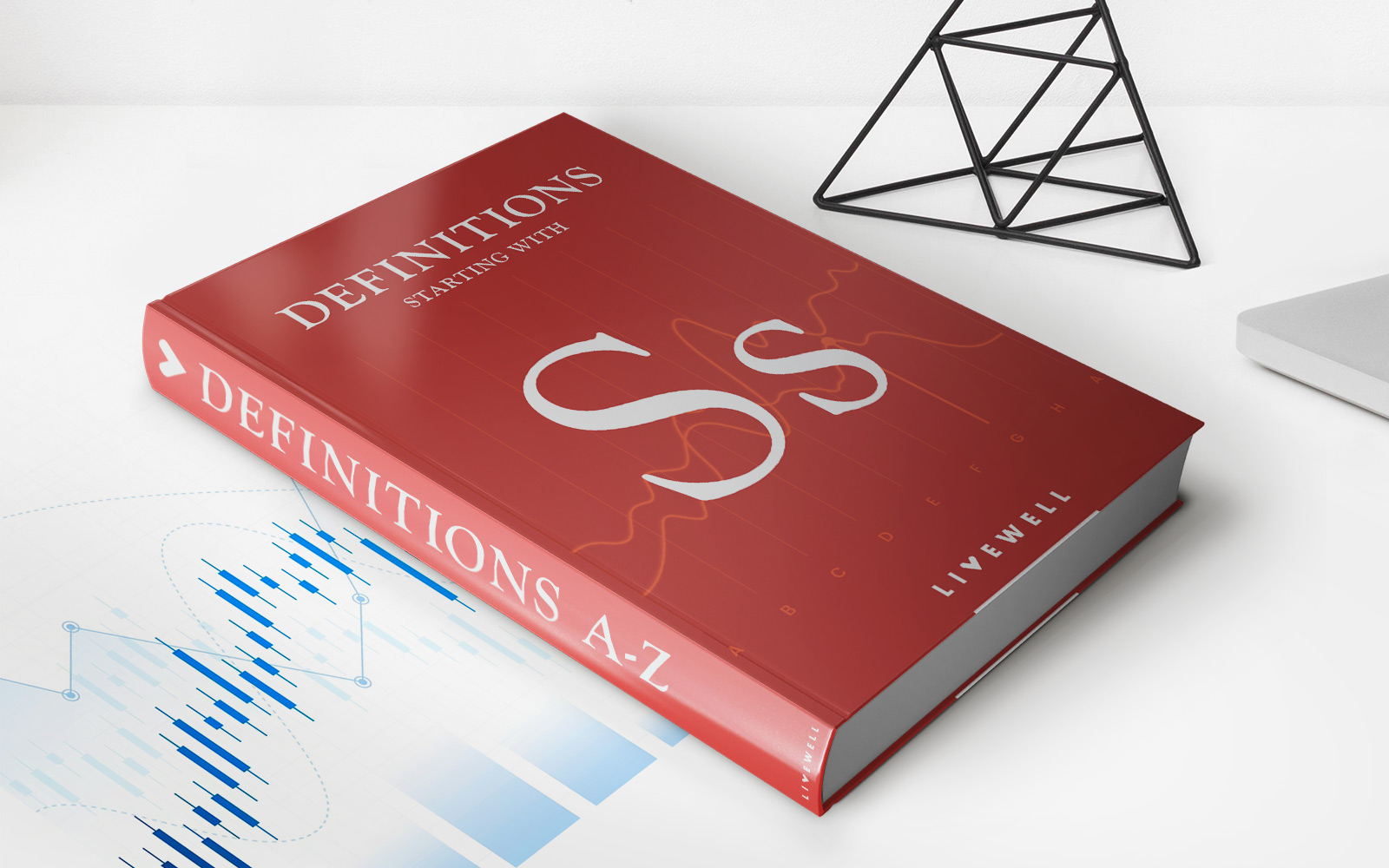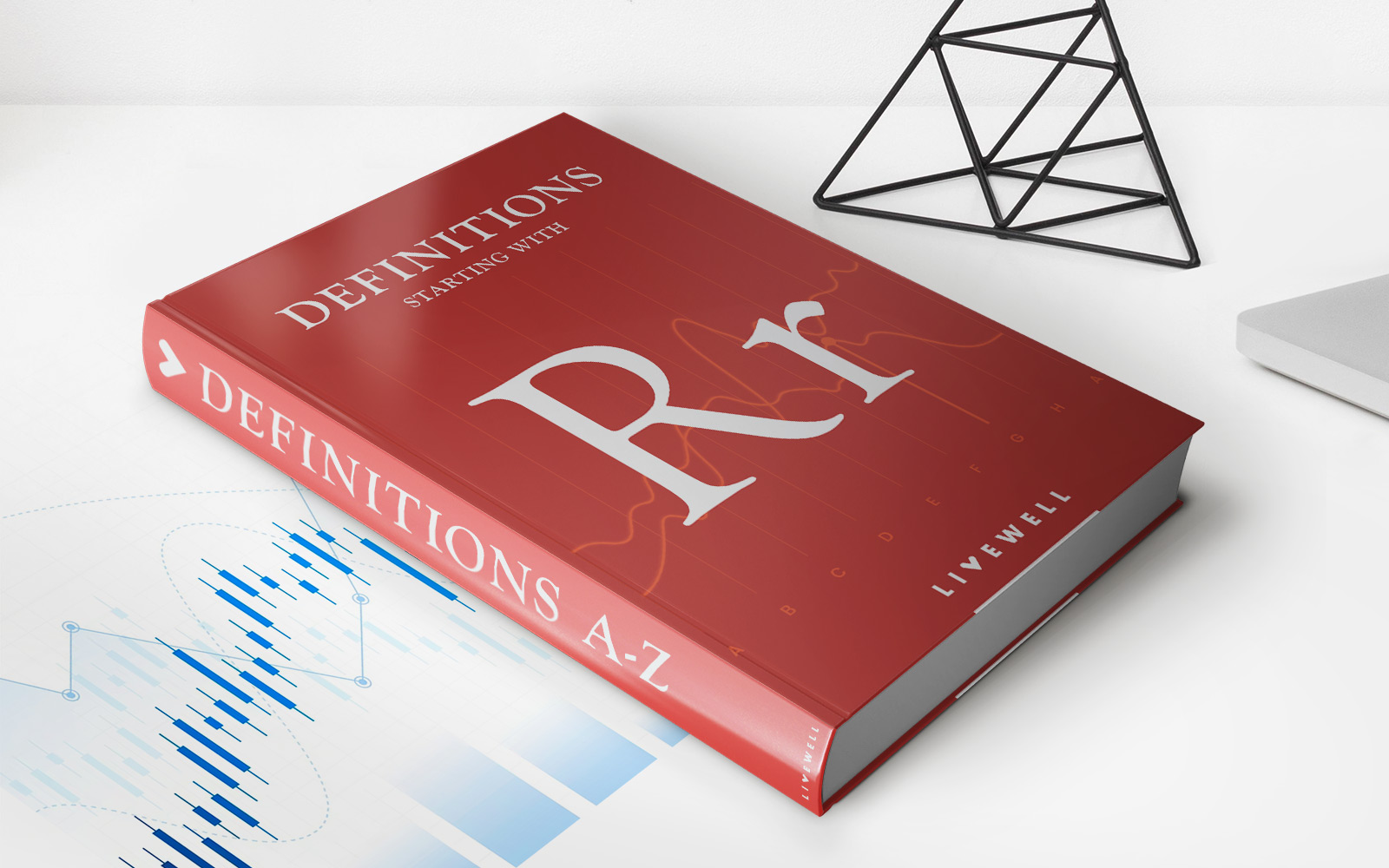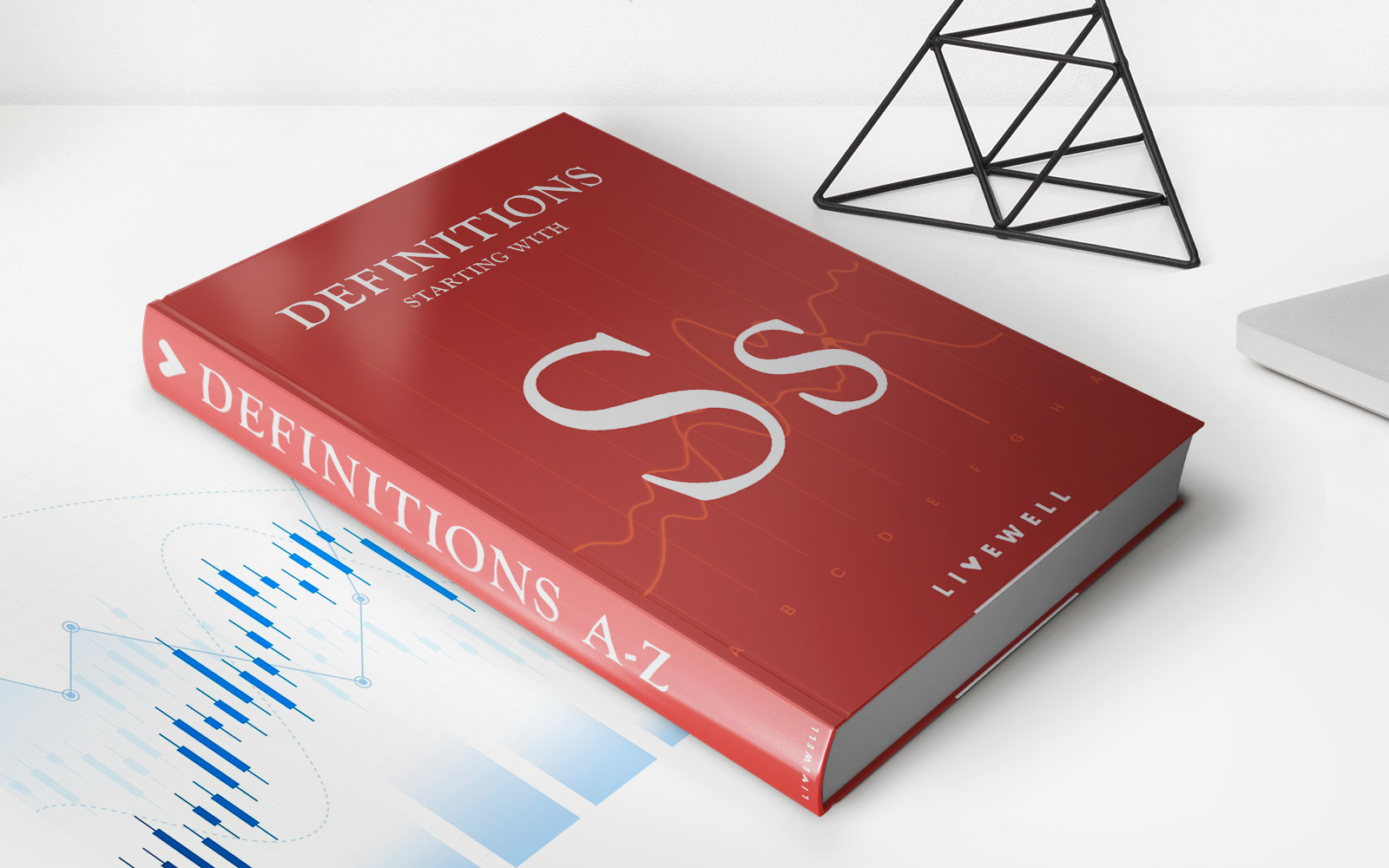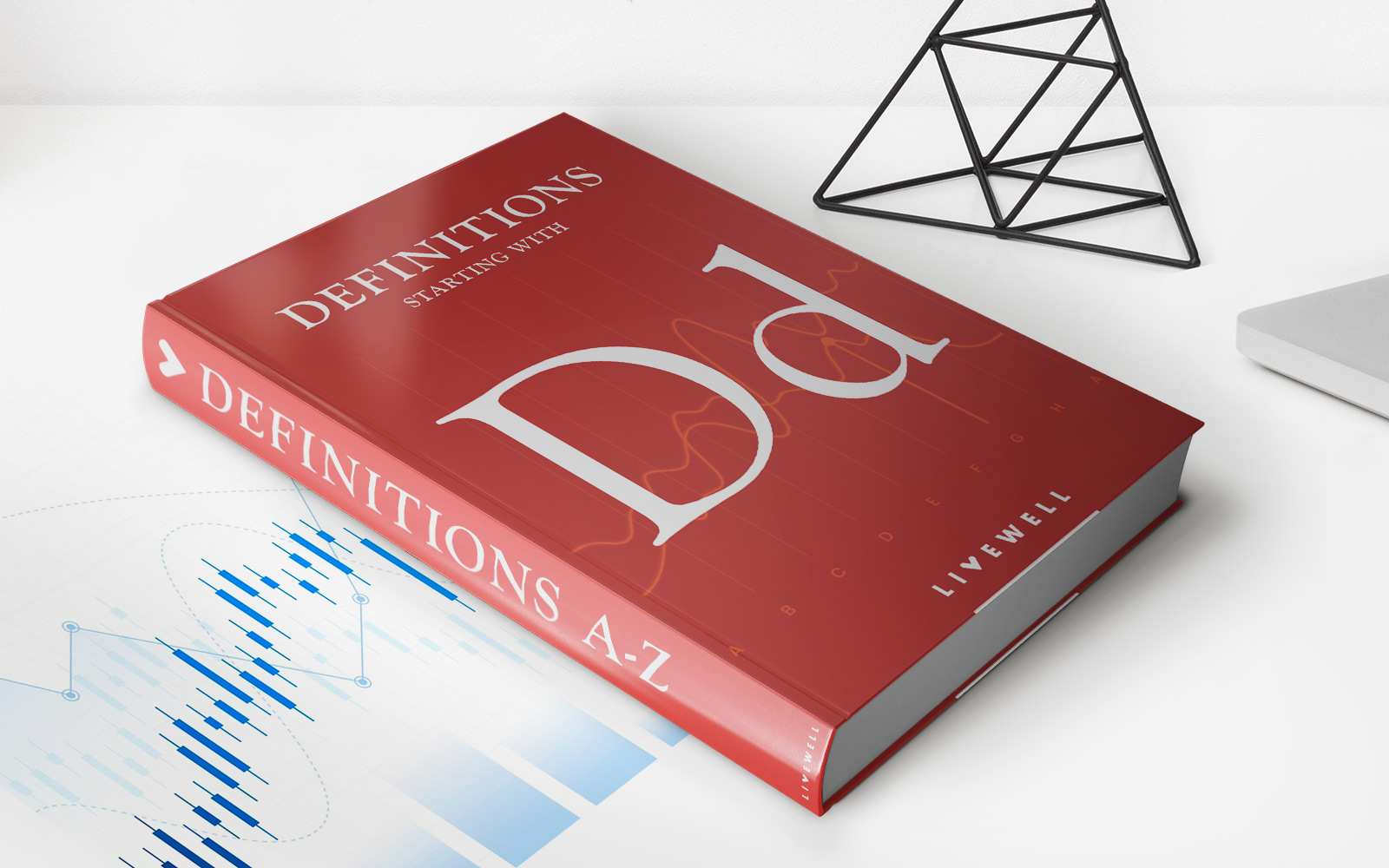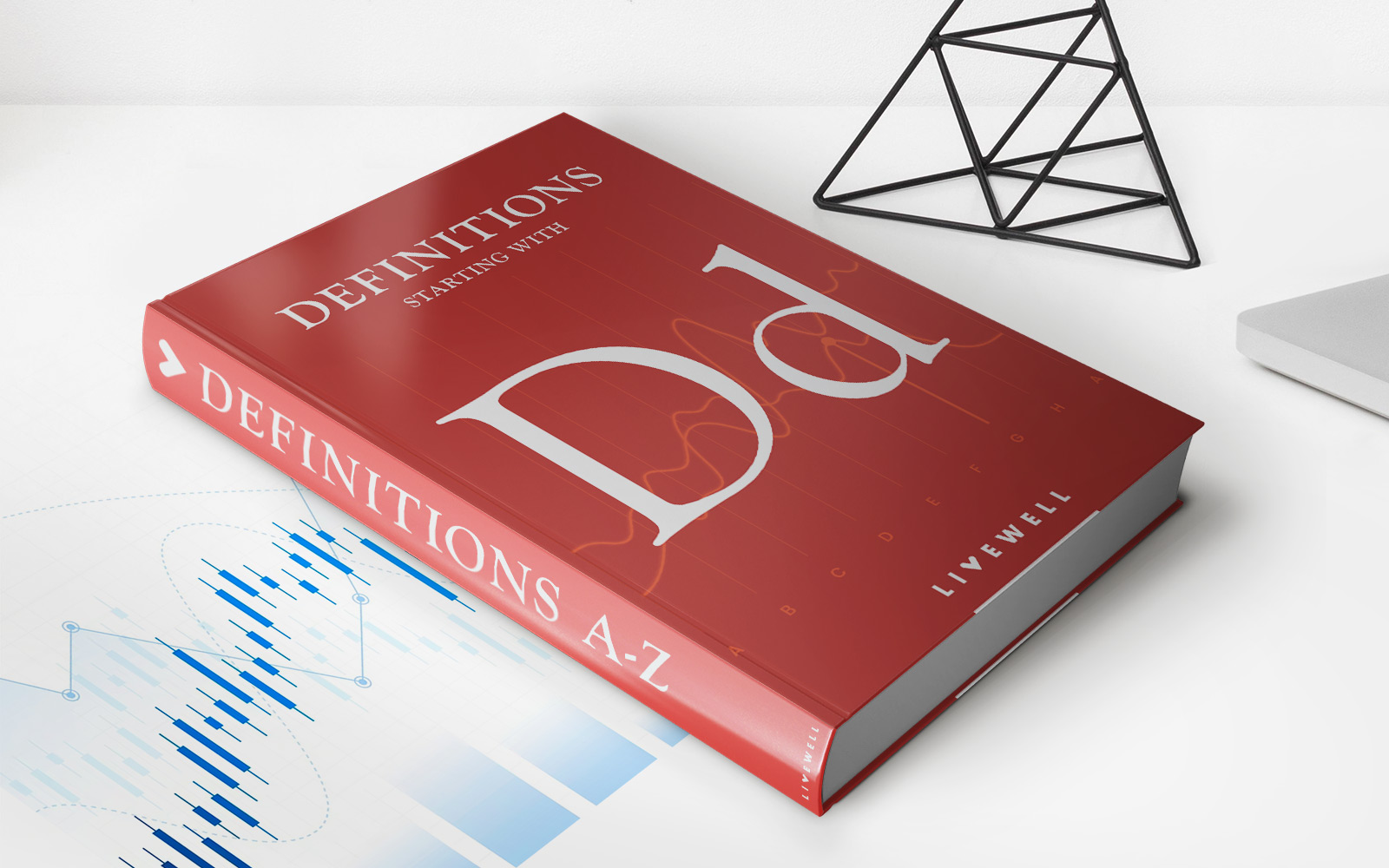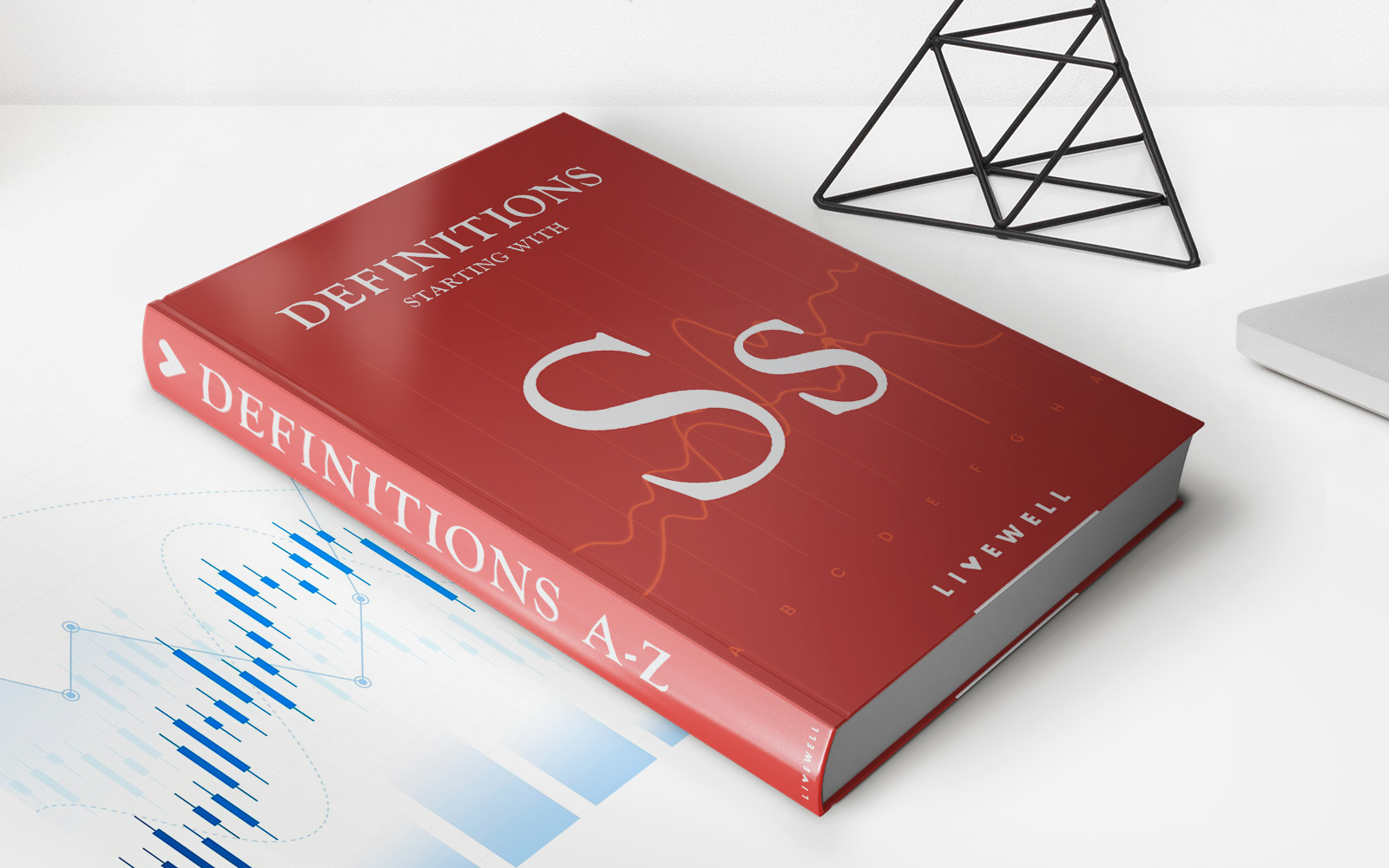Home>Finance>Mental Accounting: Definition, Avoiding Bias, And Example
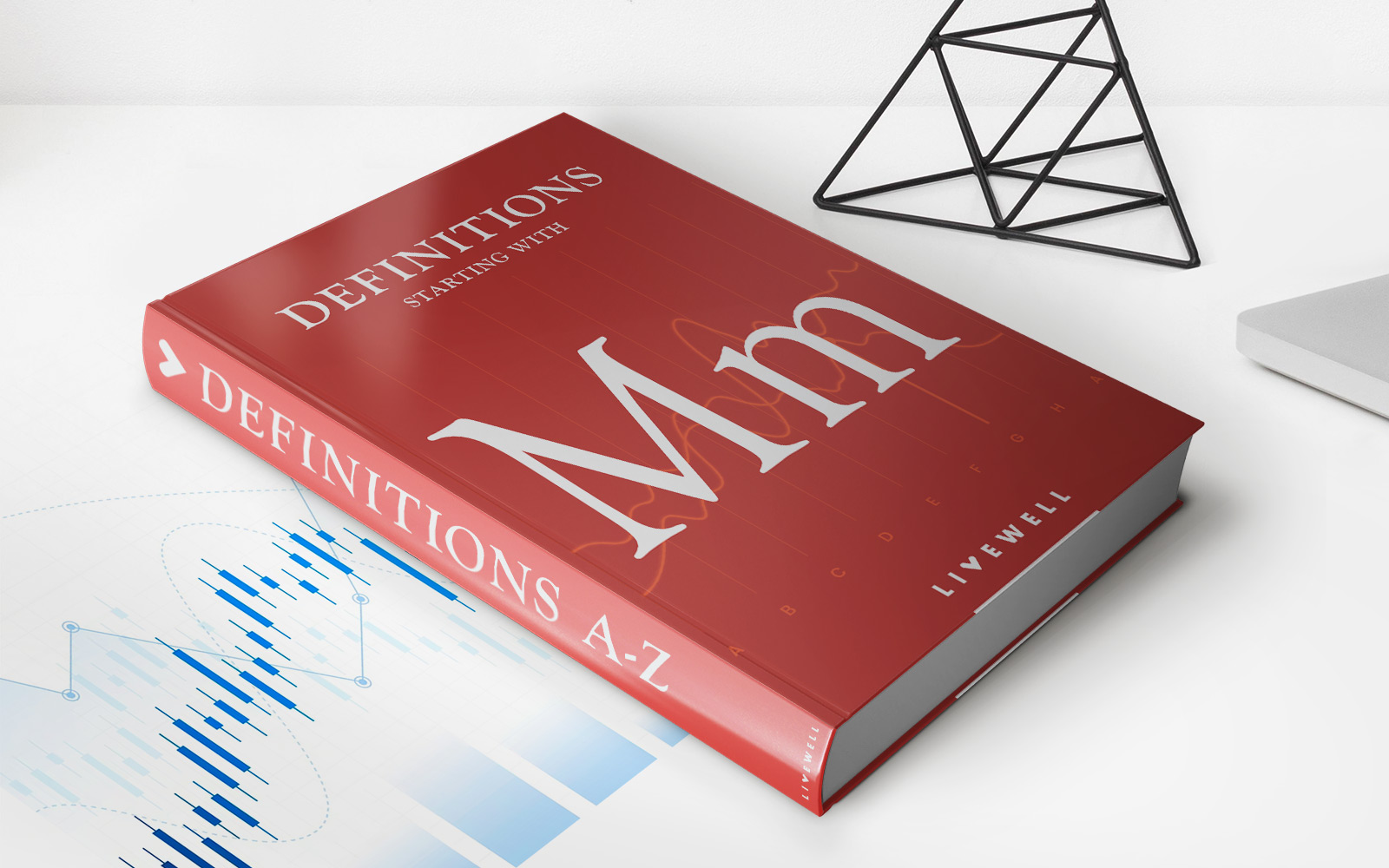

Finance
Mental Accounting: Definition, Avoiding Bias, And Example
Published: December 24, 2023
Learn about mental accounting in finance, including its definition, ways to avoid bias, and a practical example. Understand how this concept influences our financial decisions.
(Many of the links in this article redirect to a specific reviewed product. Your purchase of these products through affiliate links helps to generate commission for LiveWell, at no extra cost. Learn more)
Mental Accounting: Definition, Avoiding Bias, and Example
Welcome to the world of finance and psychology! Today, we delve into the fascinating concept of mental accounting, a cognitive phenomenon that influences our financial decision-making process in unexpected ways. In this blog post, we’ll explore the definition of mental accounting, discuss how to avoid its biases, and provide an example to help you understand its implications.
Key Takeaways:
- Mental accounting refers to the subconscious tendency to categorize and treat money differently based on the source, purpose, or emotional attachment we assign to it.
- To avoid the biases of mental accounting, it’s crucial to develop a holistic financial perspective, consider the opportunity cost of your choices, and maintain a disciplined approach to decision-making.
What is Mental Accounting?
Mental accounting is our brain’s way of simplifying complex financial decisions by compartmentalizing our money into different mental accounts. It is a natural cognitive bias that can affect how we perceive, evaluate, and make choices about our finances.
Imagine your mind as a financial manager, organizing different accounts for various purposes. You may have a “Bills” account, a “Travel” account, and a “Savings” account. Mental accounting can also extend to labeling money differently based on its source, such as salary, bonus, or inheritance.
Avoiding the Biases of Mental Accounting
While mental accounting can be helpful in organizing our finances, it can also lead to suboptimal decision-making. Here are a few strategies to avoid falling prey to its biases:
- Develop a holistic financial perspective: Instead of viewing your money in separate mental accounts, take a more holistic approach. Consider the opportunity cost of your financial actions and evaluate them in the context of your overall financial situation.
- Take emotions out of the equation: Emotional attachment to money can sway our decisions. Try to detach emotionally and make choices based on rational analysis rather than personal preferences.
- Avoid mental accounting traps: Beware of falling into traps like the “sunk cost fallacy” or “mental budgeting.” When assessing a financial decision, focus on the future benefits and costs, rather than past investments or arbitrary budgets.
- Maintain discipline: Establish consistent financial habits, such as automated savings and budgeting, to overcome the biases of mental accounting. Take a step back before making impulsive decisions and consider the bigger picture.
Example: Mental Accounting in Action
To illustrate how mental accounting works, let’s consider an example. Imagine you have saved $1,000 to treat yourself to a well-deserved vacation. However, while shopping for the perfect getaway, you find a highly discounted television for $800.
In this scenario, mental accounting may influence your decision. You may think, “Well, the television is a great deal, and it leaves me with $200 for the vacation. I can always save again for the trip later.” However, from a broader financial perspective, you might realize that spending $800 on a television doesn’t align with your long-term goals, even if it seems like a bargain in the moment.
Mental accounting can trick us into making impulsive choices by separating the money into different accounts rather than considering the overall impact on our finances.
Conclusion
Mental accounting is a fascinating cognitive bias that affects our financial decision-making. By understanding its definition, biases, and potential impact on our choices, we can become more aware and make more rational decisions about money.
Remember, developing a holistic financial perspective, avoiding emotional attachments, and maintaining discipline are key to mitigating the biases of mental accounting. By doing so, we can make more informed choices and improve our overall financial well-being.

